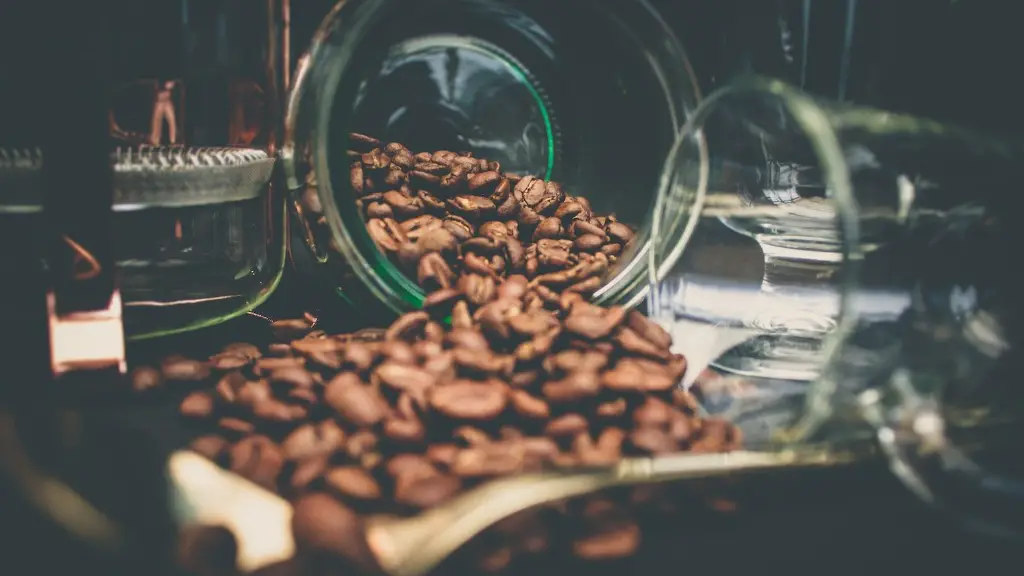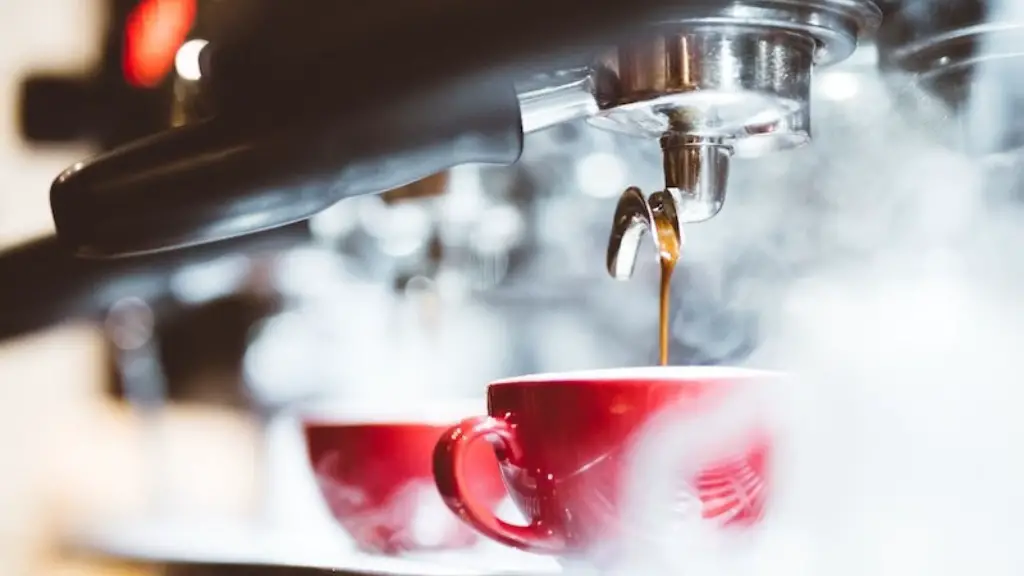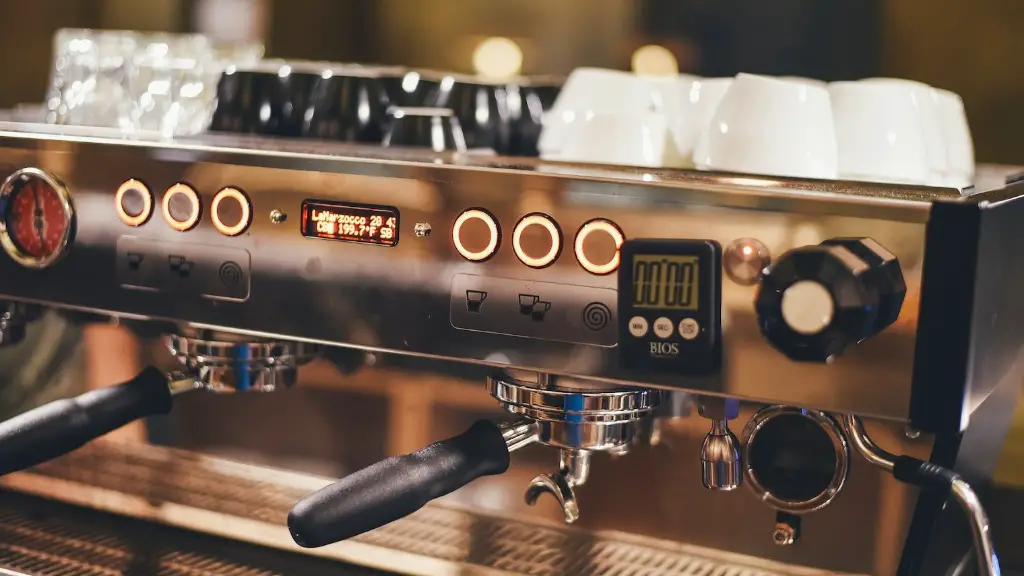Coffee is a widely consumed beverage in the world, but is it safe to drink coffee when taking amlodipine – a type of antihypertensive medication? To answer this question we must first understand the drug and what the effects of coffee are on the body.
Amlodipine is a calcium channel blocker used to treat hypertension and angina. It works by blocking the movement of calcium into the cells of the heart and blood vessels, lowering the blood pressure and reducing the heart’s workload. While it is generally considered safe, there are certain side effects associated with this medication such as headaches, dizziness, fatigue, and nausea.
Caffeine is one of the active ingredients in coffee and it has some beneficial effects when consumed in moderation. It is a stimulant and can help boost mental alertness and concentration and can also improve physical performance. In addition to these benefits, it can also increase blood pressure and heart rate, which in some people may increase the risk of stroke. Thus, when taken with antihypertensives such as amlodipine, caffeine could further increase blood pressure.
Several studies have looked into the effects of caffeine on blood pressure when taken in combination with antihypertensives. In one study, researchers found that while caffeine did increase blood pressure, it was not enough to significantly alter the effects of the medication. In another study, drinking coffee was found to be associated with a lower risk of hypertension in people taking amlodipine. However, the few studies available suggest that more research needs to be done in this area.
It is important to note that while research suggests that moderate amounts of caffeine (up to 400 mg per day) are not associated with adverse effects, everyone responds differently. Thus, it is best to consult a doctor before consuming caffeine in any form when taking medication to treat high blood pressure.
Keeping an eye on caffeine intake
When it comes to managing blood pressure and overall health, it is important to keep an eye on caffeine intake. Caffeine is found in many beverages, from coffee, to tea, to energy drinks, and even some soft drinks. It is also found in chocolate, some medications and certain nut products. As mentioned earlier, 400 mg of caffeine is considered to be a safe amount for most people, but this varies from individual to individual, and it is important to take all factors into account.
It is also important to note that caffeine can interact with medications and increase the risk of side effects. Thus, it is best to check with your doctor or pharmacist to find out if there is an interaction between coffee and any medication that you are taking.
If you are taking medication to treat high blood pressure, and are worried about the potential effects of caffeine, it is best to talk to your doctor about the safety of drinking coffee. They can advise you on the best course of action and help you manage your blood pressure.
What are the alternatives?
If you are concerned about the effects of caffeine and are looking for a healthier alternative to coffee, there are many other options available. Decaffeinated coffee still contains some caffeine, but is usually around 97% caffeine free. In addition to decaffeinated coffee, there are many other beverages that can provide a boost of energy without the worries of caffeine. These include teas, such as green tea and herbal teas like chamomile, and even caffeine freeenergy drinks.
For those looking for an even healthier alternative to coffee, there are plenty of low-caffeine or caffeine-free beverages that can provide a boost of energy without the risks of high caffeine intake. Some of these include kombucha, spritzers, sparkling water with fruit, and even low-caffeine green teas.
Diet and lifestyle modifications
In addition to avoiding caffeine, there are many lifestyle modifications that can be made to help reduce the risk of high blood pressure. These include reducing salt intake, exercising regularly, eating a healthy diet, getting enough sleep, and quitting smoking.
Making small changes in these areas can have big impacts on overall health and reduce the risk of high blood pressure. It is also important to note that these lifestyle modifications should always be combined with any medications prescribed by your doctor in order to effectively manage blood pressure.
Keeping Track of Blood Pressure Levels
When taking medication to treat high blood pressure, it is important to keep track of your blood pressure levels. This can be done with a home blood pressure monitor, which can easily and accurately measure blood pressure levels. Keeping an eye on your numbers can help ensure your medication is working properly and also help you identify any potential dips or spikes in blood pressure that could indicate a problem.
Regular checkups with your doctor can also help monitor blood pressure levels and detect any problems that may arise. By keeping a close eye on blood pressure, it can help ensure the medication is working properly and that the lifestyle changes made are helping to manage blood pressure.
Tools for Weight Management
Maintaining a healthy body weight is essential for overall health and also for reducing the risk of high blood pressure. There are many tools available to help manage weight and make sure that you’re eating right. These include calorie counters, weight loss journals, and apps that can track food intake and physical activity.
Using these tools can help keep track of intake and ensure that eating healthy and staying active are happening on a regular basis. Making sure to get enough physical activity is especially important as this has been shown to help lower blood pressure levels.
Preserving Kidney Health
High blood pressure can also put a strain on the kidneys, so it is important to take steps to keep them healthy. These include limiting salt intake, eating a healthy diet, avoiding smoking, and drinking plenty of water. In addition to these steps, it is also important to take any medications prescribed by your doctor to help manage high blood pressure. Doing so can help preserve kidney health and also keep your blood pressure under control.
It is also important to keep regular checkups with your doctor to make sure that kidney health is good, as well as to discuss any concerns you may have about your current medications. These checkups can help ensure that any medications prescribed are working effectively and also can help identify any problems that may arise.



